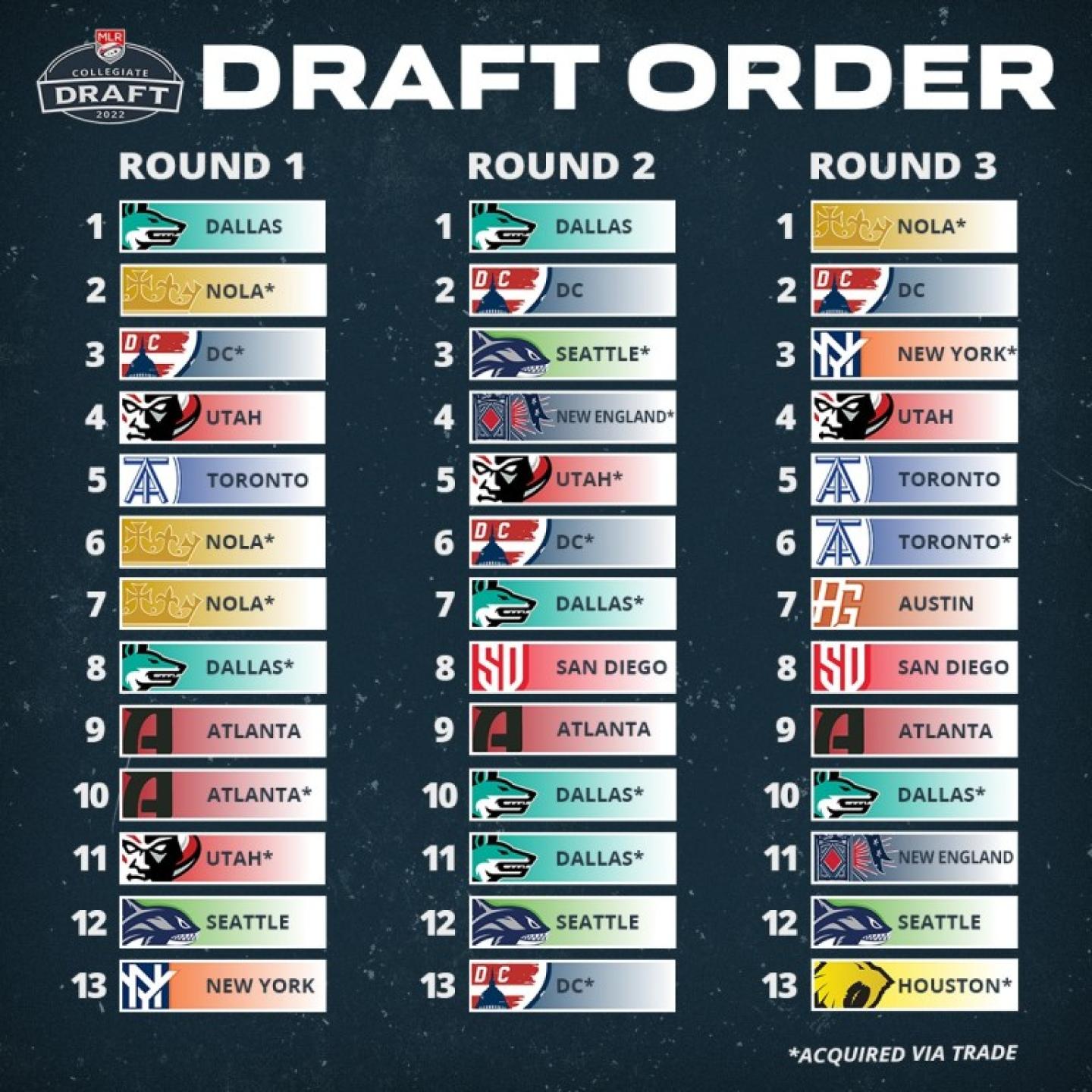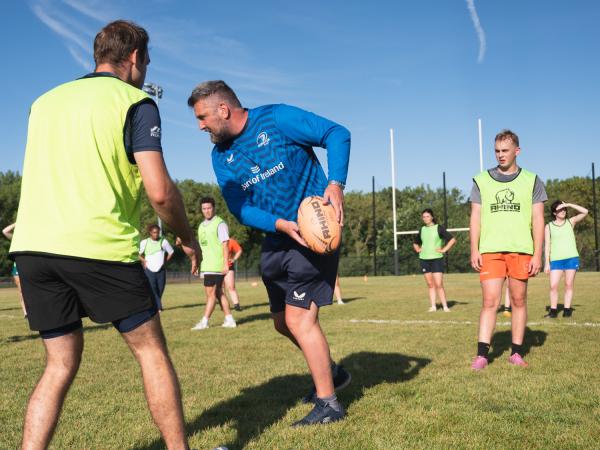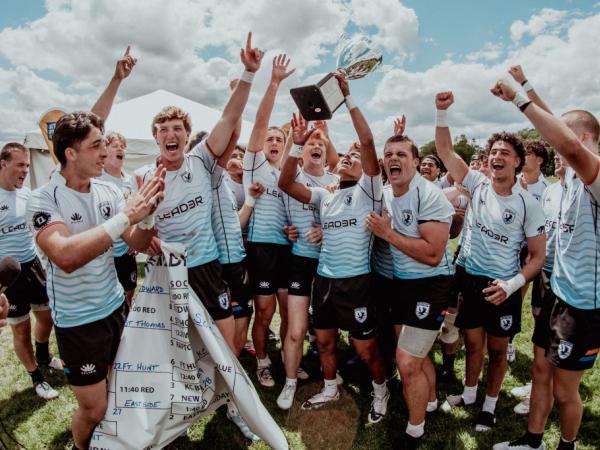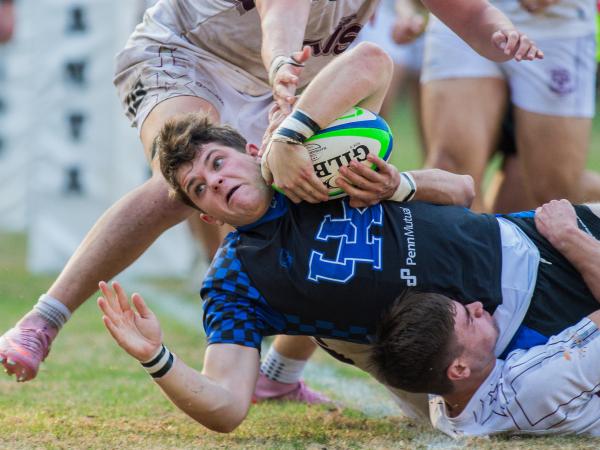Over 170 student-athletes are going through the Major League Draft process this week—most will find out what happens on Thursday, but in fact the picks have already been made.
If a player coming out of college wants to be considered for an MLR team for the beginning of the 2023 season, they need to go through the draft process, so even a player with a low profile who, frankly, has no chance of being drafted, needs to declare for the draft.
| Check out our Draft positional videos |
Many don't declare, however, and that's OK, too. The plan then would be a) to not play professional rugby and go pursue another career and maybe play men's club rugby, or b) pick a team and a city and move there, get settled, playing locally or with the MLR team's academy, and when the season is about half over or, more likely, at the beginning of the season after, can sign.
Here's the rule from the MLR website: "Players who are eligible but do not declare for the draft will not be eligible to play in MLR until the next competitive MLR season after their eligibility expires. ( MLR may, at its sole and absolute discretion, choose to grant a waiver for entry into MLR no early (sic) than after season’s mid-point. These are evaluated on a case by case basis)"
So what we think this means is, the if you don't declare for the draft this year, your eligibility to be signed if you had gone through the draft would be midway through the 2023 season. That would mean you couldn't sign until the 2024 season. However, the MLR can change its mind on that at any time.
Players Declare for the Draft as Juniors
Why would you do this? One reason is that you want to leave early and sign for the 2023 season and you know you only have a couple of credits you need to finish up to get your degree. If you're thinking of leaving early without a degree, that would be what, in technical terms, is called "a stupid idea."
A more common reason players go through the draft with eligibility left is to "test the waters." This is also silly in that it is very unlikely that a team will spend a draft pick on a player who isn't committed to playing. However, it is possible that a team might want to Larry Bird someone (as in, draft the player as a junior and then wait until spring of 2023 to sign him). The deadline looks to be early April (midway through the season but they don't specify whether that includes the playoffs or not). So you'd need to sign before spring graduation ... however it's possible to sign if you don't worry about 7s and you 15s were done in the fall.
Don't Negotiate Early
It's not being in the draft that kills your eligibility, it's getting an agent or negotiating with a team that kills your eligibility. That is why (one of the reasons, anyway) Major League Rugby instituted the draft, to stop teams jumping the gun and hurting college teams by talking to players during the season.
So advice for players—if you still want to keep your eligibility, say for the fall, don't negotiate until you're done playing.


































































